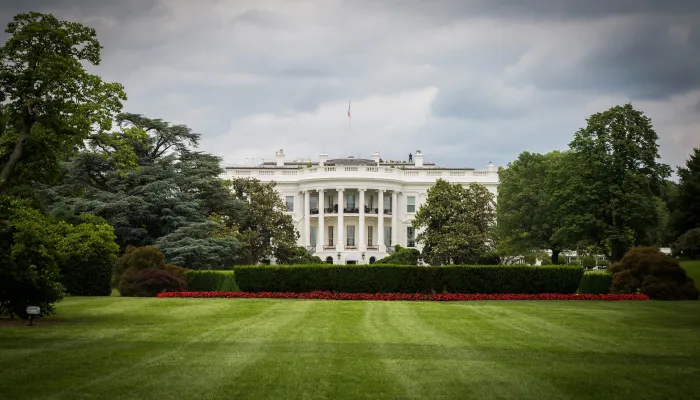Senator Perdue Outlines Ideas for Budget Process Reform
After leading a colloquy on the Senate floor regarding problems with the budget process, Senator David Perdue (R-GA) outlined his plans for budget process reform to the press. The proposal he is developing is a “clean page” approach that would dramatically overhaul the budget and appropriations process.
- The budget should be enforceable by law.
- All spending and revenues should be subject to the budget process.
- There should be consequences if Congress doesn't responsibly fund the government.
Making the budget a law would improve the process by getting the president's buy-in in setting top-line spending and revenue levels at the beginning of the year, instead of through ad hoc negotiations at the end of the process. It would also make the budget a more meaningful and enforceable document, with the ability to establish statutory mechanisms to enforce the spending and revenue levels in the budget resolution. The proposal would also strengthen the budget resolution by making it more difficult for Congress to pass legislation that does not comply with the previously-approved budget. It would do so by increasing the vote threshold necessary to waive Budget Act enforcement points of order in such cases.
The most dramatic reform in the proposal would combine responsibility for authorizing legislation and appropriations bills into policy committees that would write funding bills for mandatory and discretionary spending within each committee's jurisdiction. At the beginning of the year, the Finance Committee would establish a recommended revenue level. An Executive Committee composed of the Chair and Ranking Member of the policy committees and leadership representatives would be responsible for dividing total spending and giving each policy committee an allocation of how much it can spend. The Executive Committee would also review the funding bills produced by the policy committees and package them into four funding bills for floor consideration in the Senate. With the Executive Committee responsible for overseeing and coordinating decisions for the upcoming fiscal year, the Budget Committee would be converted into a Planning and Oversight Committee that would focus on compliance with long-term debt targets and reviewing spending and tax provisions through a portfolio budgeting approach.
Allowing funding bills to cover mandatory and discretionary programs would provide for regular review and oversight of mandatory programs. Congress spends most of its time in the budget process focusing on a third of the budget covering discretionary spending while allowing mandatory spending to grow on autopilot. Bringing mandatory spending into the annual funding process would force Congress to confront tradeoffs between mandatory and discretionary programs. Committees would have an incentive to consider reforms of mandatory programs in order to make them solvent for the future and free up more room within their allocation for discretionary programs.
Additionally, the proposal would change the beginning of the fiscal year from October 1 to January 1 to give Congress more time to complete action on funding bills. However, it would also create consequences for failure to complete action on funding bills before the beginning of the fiscal year. These consequences could include prohibiting Congress from leaving for recess and reducing pay for members and staff if funding bills are not enacted on time.
The breakdown of the budget process has contributed to the failure of Congress to deal with the deficit or even pass spending bills on time. This gridlock underscores the need for comprehensive reform of the budget process using the "clean page" approach Senator Perdue is advocating. We hope his proposal prompts a serious discussion about how to reform the budget process.
For more of our thoughts on budget process reform, please visit our Better Budget Process Initiative page.


